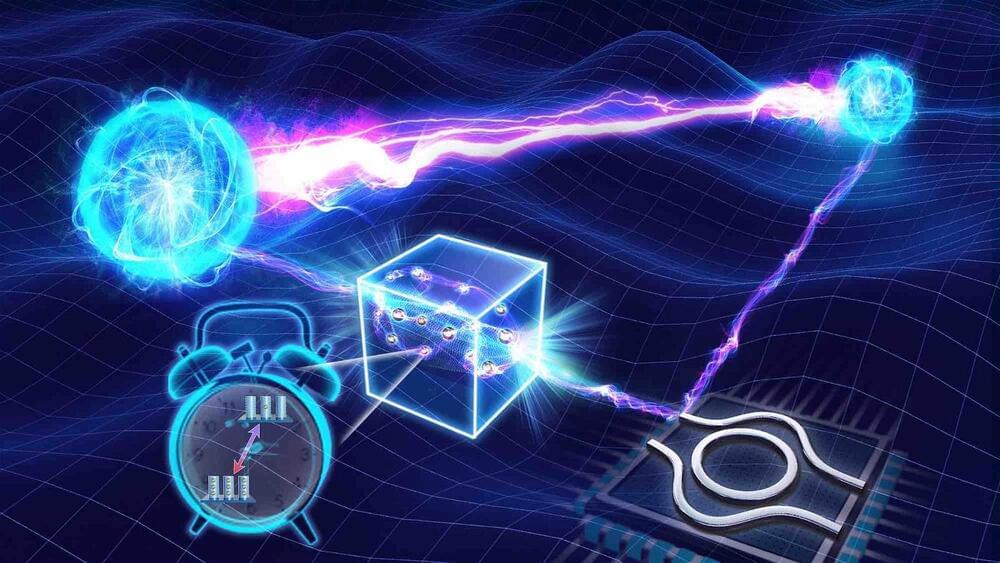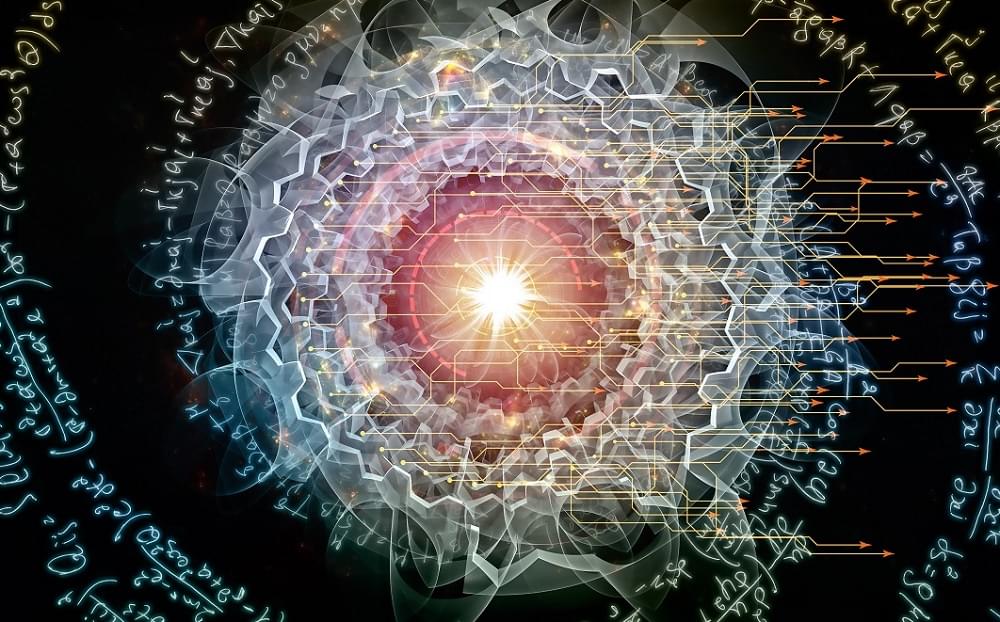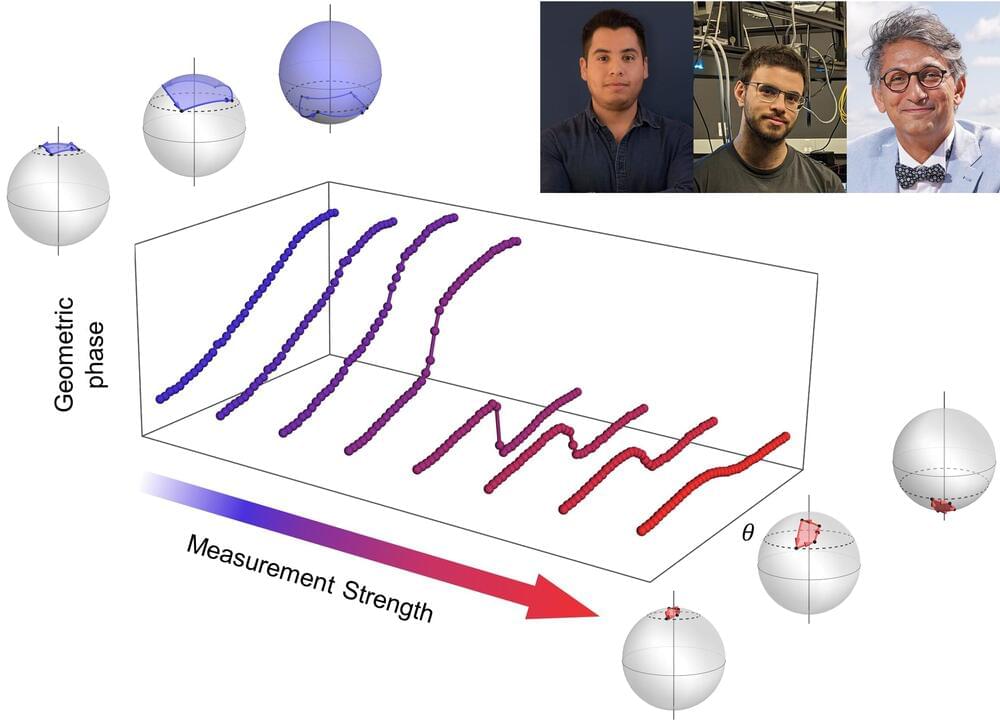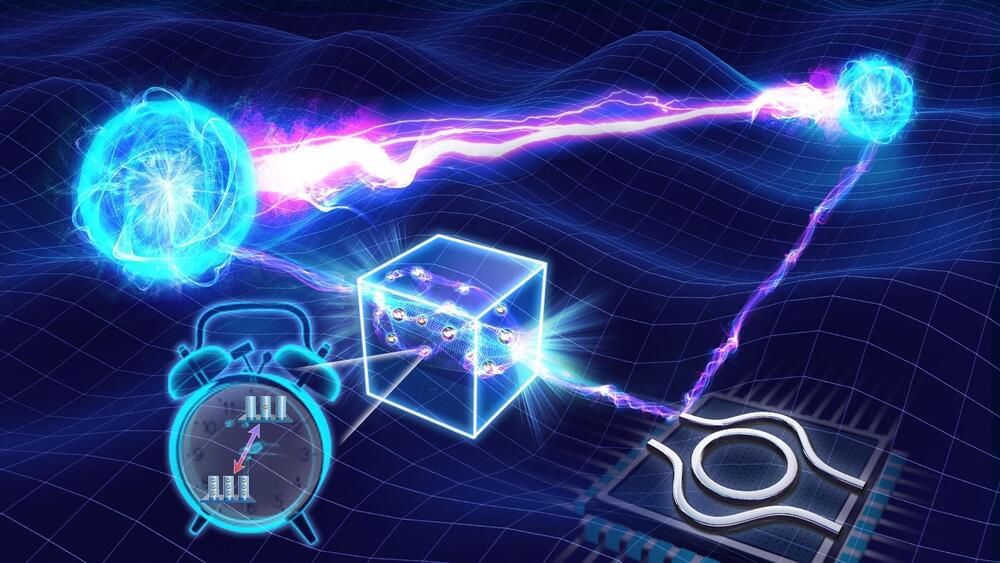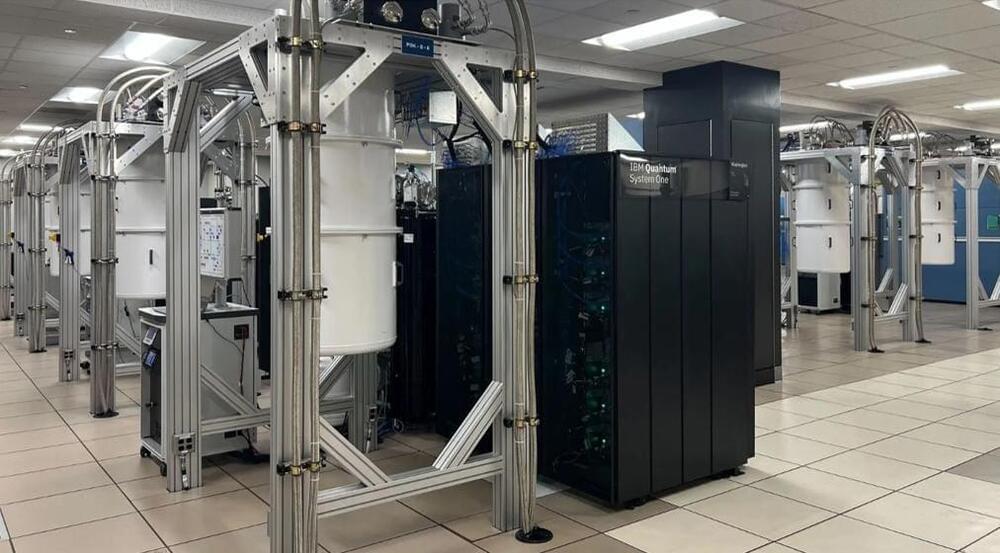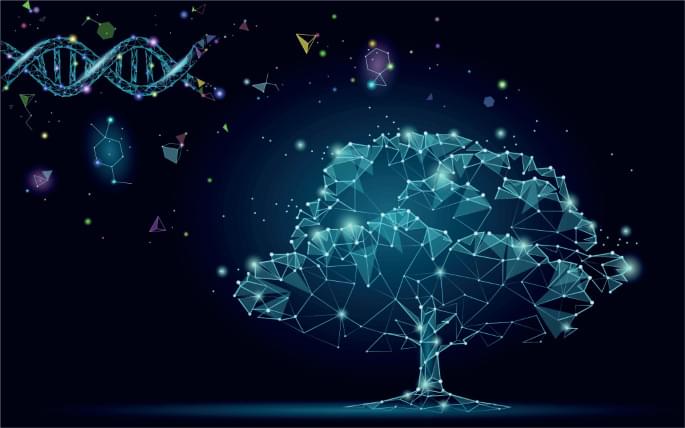Nov 30, 2023
Breakthrough in Quantum Storage of Entangled Photons May Usher Age of Solid State-based Quantum Networks
Posted by Dan Breeden in categories: internet, quantum physics
Chinese researchers report the successful quantum storage of entangled photons at telecom wavelengths within a crystal, in a breakthrough achievement that reportedly lasted 387 times longer than past similar experiments.
The research team, based at Nanjing University, says their findings could potentially “pave the way for realizing quantum networks based on solid-state devices.”
The Coming Quantum Internet
